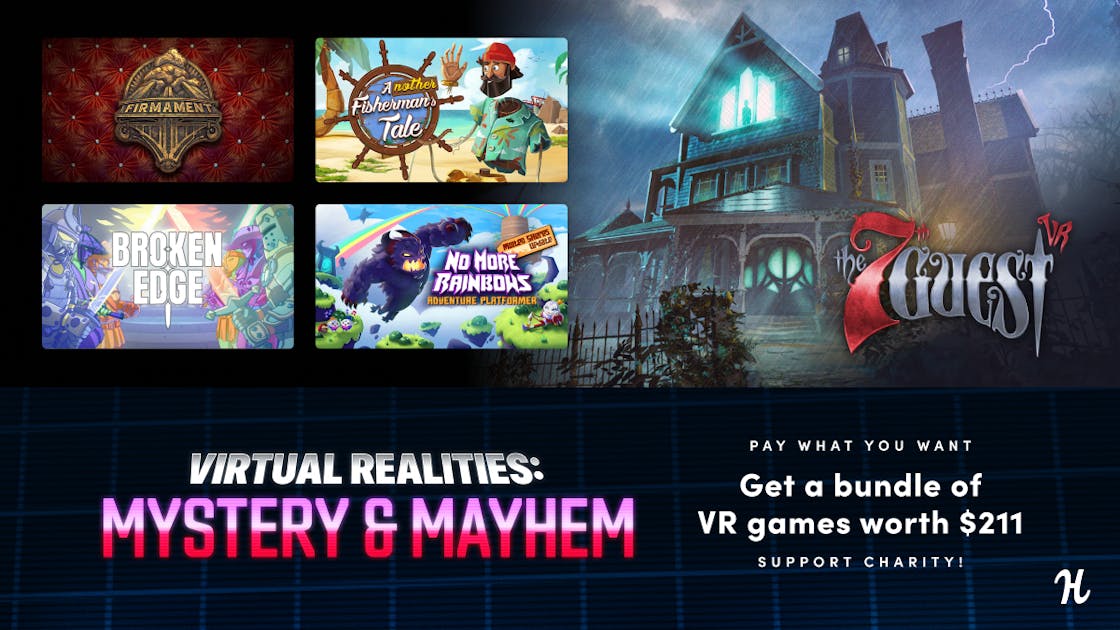The Will of Arthur Flabbington - Initial Thoughts (and last?)
TL;DR - really well made game, too "old school" for my taste
Great voice acting, aesthetics, dialog, and music. I got stuck on the very first screen. It's old school logic. It's a long chain of I need item X, but I need to get Item Y to get it. I, however, can't get Item Y without Item Z. It's also got pixel hunting and no means to highlight clickable areas. Some of the puzzling was purely logical and intuitive. There's a carnivorous plant, so you'll probably know you can feed it insects. It also is in a bitey mood - so you'll need to distract it. This makes sense.
After trying everything on everything else, I gave up and look up a guide to get me progressing again. It was a pixel hunt item, so I was none too pleased. After skimming ahead in the guide, I just tapped out. I can't just pick up an item in the bathroom because the game wants to make things hard and non-intuitive. It's small and I've picked up almost everything else that size with no issue. Contrived obstacles aren't fun to me, nor are silly solutions.
If you don't mind this old school point and click stuff, I highly recommend the game. There's a demo on Steam to try. It's also on GoG, so they've a very lax refund window if it's not your taste.
----
EDIT: I just watched a playthrough instead and the gameplay - it's more of the same. The demo should give you a very good idea of what the game is like.
TL;DR - really well made game, too "old school" for my taste
Great voice acting, aesthetics, dialog, and music. I got stuck on the very first screen. It's old school logic. It's a long chain of I need item X, but I need to get Item Y to get it. I, however, can't get Item Y without Item Z. It's also got pixel hunting and no means to highlight clickable areas. Some of the puzzling was purely logical and intuitive. There's a carnivorous plant, so you'll probably know you can feed it insects. It also is in a bitey mood - so you'll need to distract it. This makes sense.
After trying everything on everything else, I gave up and look up a guide to get me progressing again. It was a pixel hunt item, so I was none too pleased. After skimming ahead in the guide, I just tapped out. I can't just pick up an item in the bathroom because the game wants to make things hard and non-intuitive. It's small and I've picked up almost everything else that size with no issue. Contrived obstacles aren't fun to me, nor are silly solutions.
If you don't mind this old school point and click stuff, I highly recommend the game. There's a demo on Steam to try. It's also on GoG, so they've a very lax refund window if it's not your taste.
----
EDIT: I just watched a playthrough instead and the gameplay - it's more of the same. The demo should give you a very good idea of what the game is like.
Last edited:



